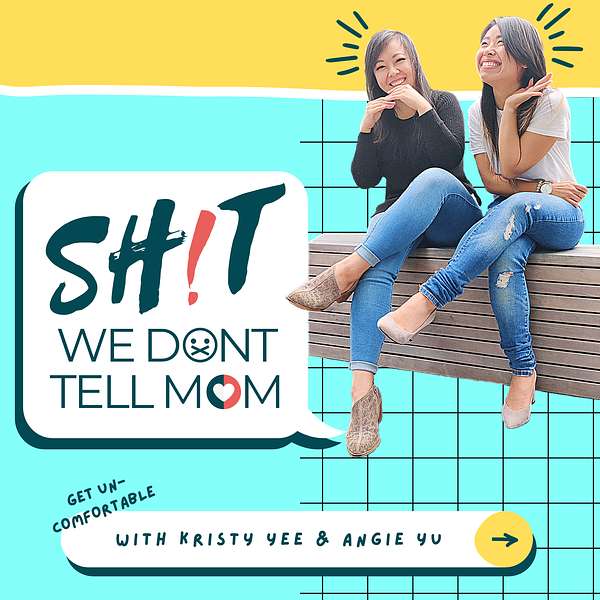
Shit We Don't Tell Mom
Shit We Don't Tell Mom
38. Experiences in the Psych Ward for Suicidal Ideations ft. Anuradha Mazumdar
After being hospitalized for a week, Anuradha gets diagnosed with dysthymia. Then things got messy. Unintentionally triggering friends. Fighting with parents about using medication. And what self-care looks like right now. Anuradha is a fellow mental health advocate in the South Asian community. She shares her experiences of being forced into a psych ward and then learning how to manage her mental well-being.
“When you talk about destigmatizing, you really have to talk about culture” - Anuradha
----
Content Warning: suicidal ideations and self-harm
Takeaways:
- Share about your mental health with others, but also consider your audience and state of mind
- Your self-care routine can change just as you are changing every day
- You can choose not to share some things with your parents
- Prioritizing your time and energy is also a form of self-care
The best way to support this show is by listening and sharing with a friend. If you would like to buy a coffee or bubble tea, we would love that too.
----
Instagram @shitwedonttellmom
Email: shitwedonttellmom@gmail.com
Send us an audio message by clicking here!
----
We use Buzzsprout as our host because they seamlessly link to major podcast platforms and make it really easy to read analytics. They also have an awesome support team. Sign up today and get a $20 Amazon gift card!
We also use Descript as our editing software because editing with text is much easier than with soundwaves. We are not audio geniuses and want to focus our energy on creating content rather than editing. Sign up today and get your first 3 months free!
Yes these are affiliate links because we like them and we use them too.

.jpg)